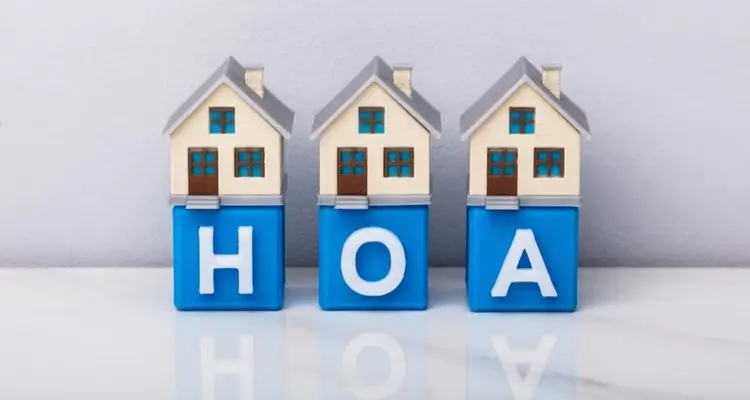
Your payment history is the biggest factor in determining your credit score making up 35% of your overall credit score.
Only your credit utilization ratio (makes up 30% of your score) comes close to having as profound an effect on your score as your payment history does,
This article explains what’s included in your payment history, how to improve it, and increase your credit score.
Rate Search: Check Today’s Mortgage Rates
What is your Payment History?
Your payment history tells the story of how well you make your payments on time. Items like late payments, collection accounts, and medical bills all affect your payment history.
- Late payments – A single 30-day late payment could drop your credit score by as much as 50 or more points. The damage to your credit score is reduced as time goes by and more timely payments are received.
- Collection accounts – When an account reaches collection it can significantly affect your credit score, regardless of the balance. If you have a collection account appear on your report, do not pay it right away. First, contact the creditor to discuss your options of having the account removed from collections.
- Medical Bills – Medical bills appear as a collection on your report after being delinquent for a period of time. Medical bills on your report as collection accounts significantly hurt your score.
Tips to Improve Your Payment History
Your credit score is calculated using 5 different factors. Your payment history is the number one factor in determining your credit score at 35%. Credit utilization is next accounting for 30% of your score. The other three factors make up the final 35% of your credit rating.
- Set up autopay on all of your accounts – Most creditors have the option of doing automatic bill pay for all future payments. This is perfect for people who forget to make their payments on time.
- Make arrangements with creditors – Before collection accounts are reported to the credit bureau the collection agency will attempt to contact you to resolve the matter. If possible, you should make every effort to settle the account before it is added to your credit report because paying a collection will not improve your score if the account remains on your report.
- Pay for delete letters – A pay for delete is an agreement between a creditor and borrow that the account will be removed from your credit report if you make a full payment, or settle the debt. This will be the only way you can improve your credit score by paying off a collection account.
- Catch up on late payments within 30 days – Late payments are only reported to the credit bureau once a late payment becomes 30 days past due. If you make the payment on the 29th day, you will avoid a 30-day late payment and your credit score will not be harmed.
How Your Credit Score is Calculated
- Payment history – 35%: Your payment history includes how well you pay your bills on time. Late payments and collection accounts are factored into your payment history.
- Credit utilization ratio – 30%: Your credit utilization ratio is the amount of available credit you are using. The higher your utilization the lower your credit score will be and vice versa.
- The length of time you have established credit – 15%: The average age of your open credit accounts makes up 15% of your credit score. This is why you are told to never close any open credit cards.
- New credit accounts and inquiries – 10%: When a lender or creditor pulls a copy of your credit report it is reported to the credit bureaus and has a negative impact on your score.
- Having a mix of credit accounts – 10%: You should have different types of credit accounts open at the same time. Credit cards, auto loans, a mortgage loan are all different types of accounts that give your report more diversity and improve your score.
In Conclusion
Your payment history is the most important factor in determining your credit score. Your payment history accounts for 35% of your overall credit score.
Things like late payments, collection accounts, and medical bills will severely negatively impact your score.
You can improve your payment history by not missing any more payments. Set up autopay on your open accounts so you never forget to make your payments on time and work with collection agencies to avoid having any collections or medical bills reported on your credit report.



